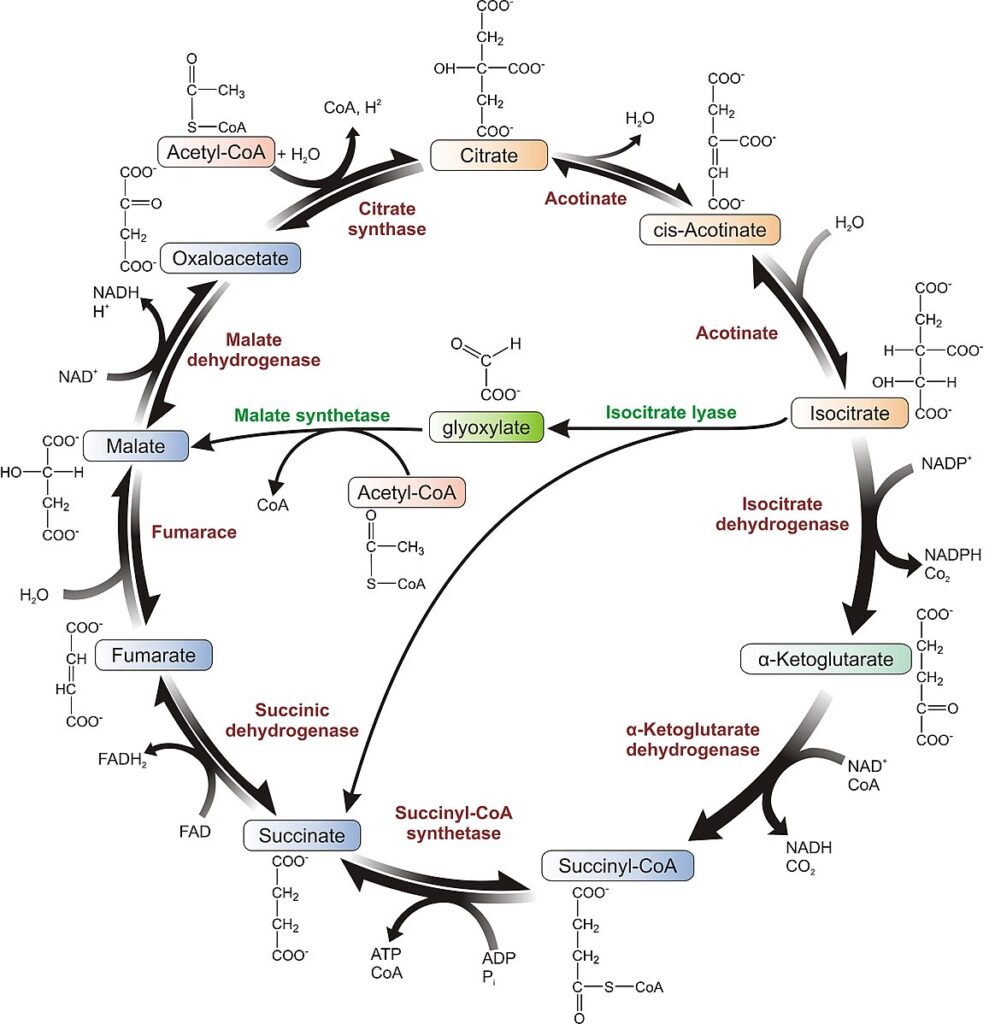In my last post, I discussed the complexity of appetite. This post will cover another important topic: metabolism.
Metabolism is a very complicated topic by itself. The Krebs Cycle has terrorized biology and medical students for decades. Metabolism is a dance of hormones, receptors, signals, and activity. Thankfully, I’m not going to subject you to cellular physiology.

When I talk about metabolism, I am talking broadly about two main things: how quickly your body uses food, and how efficiently it uses it. In order to maintain your weight, your body needs to maintain a delicate balance of food in and food out. This idea is one of the reasons why weight loss seems so simple on the surface–just move less, eat more, and the weight will come off.
We run into an issue, however, when our metabolism does not follow that pattern. It’s one of the many reasons why people with obesity face such stigma. A person with obesity can genuinely be eating few calories, but because of the disease state they cannot lose weight.1 In obesity, this typically is the result of four main issues: inefficient metabolism, insulin resistance, low metabolic rates, and the body’s natural response to weight loss efforts.
Inefficient Metabolism
Inefficient metabolism is one of the dangers of obesity. Beyond insulin resistance, which I’ll cover next, fat tissue in your body directly interferes with your body’s metabolism. In obesity, your body has increasing difficulty breaking down fat tissue. Even if you are eating “right”, your body can still be unable to break down fat and lose weight because of how the fat tissue in obesity harms this process.
Insulin Resistance
Sugar regulation in our body is a very important process. Sugars that are too high or too low can cause significant damage to our bodies. Insulin is a very powerful hormone in this process. Most people know insulin because of its role in treating diabetes–patients with diabetes may need insulin shots to help regulate their sugar.
Type 2 Diabetes starts with insulin resistance. Insulin resistance begins long before your sugars start showing up as high on labs and finger sticks. Certain medical conditions can cause this. In women, polycstic ovarian syndrome and having gestational diabetes are common triggers. When your body has insulin resistance, it no longer responds to insulin effectively. As a result, your body is much more likely to turn starches and sugars into fat tissue. When you combine insulin resistance with the other metabolism changes in obesity, you have a very challenging situation: your body is taking starches and sugars and turning it into fat tissue and your body can’t break down that fat tissue easily.

Metabolic Rate
Another common issue with metabolism is a slow metabolism. When we talk about metabolic rate, we mean how many calories your body is burning throughout the course of the day. Some people have higher metabolic rates naturally because of genetics. At the same time, some people have lower metabolic rates because of genetics.
There are also differences between men and women. Most of us know that it is harder for women to lose weight. Their metabolism is one big reason–women do not burn as many calories typically as men, largely due to differences in muscle between men and women. As we age, both men and women, our metabolic rate continues to go down. In the perimenopause and menopausal periods, there are further challenges for women. Their bodies lose muscle mass which further hampers their metabolic rate.
Adaptations to Weight Loss
Finally, at the end of the day, our bodies do not want to lose weight. Easy weight loss has historically been a very bad thing for human populations. If people lost weight too easily, they would starve to death during times of famine, illness, or war. Women would be unable to have the many, many pregnancies that were common until contraception was readily available. Our ancestors survived all of these things, and we inherited those genes. People living in the past who did not have these genes did not have as many children, or any children at all, and their genes are not as prevalent today.
Novo Nordisk has a very helpful diagram that shows exactly how our bodies try to fight weight loss. Your body starts to send more and more hunger signals, and your metabolism starts to slow down to hold on to weight as much as possible:

This is one of the reasons why it is so difficult to lose weight and keep it off. Your body is primed to regain the weight you have lost, and as you age you will need to eat less and do more to maintain your weight. It’s one of the reasons why it is so bad to go on crash diets with severe calorie restriction, because your body will rapidly drop your metabolic rate. Our modern anti-obesity medicines are so powerful because they are directly addressing the complicated issues of obesity,
The Centers for Medicare and Medicaid Services are accepting public comments on the proposed rule. They need to hear from Americans about how important this rule will be for our health! You can find more information about the proposed rule and tips for submitting a comment at the Obesity Action Coalition’s website, found here.
- Remember, though, that even if they are eating large numbers of calories, their brains are sending them powerful signals to make them hungry. ↩︎